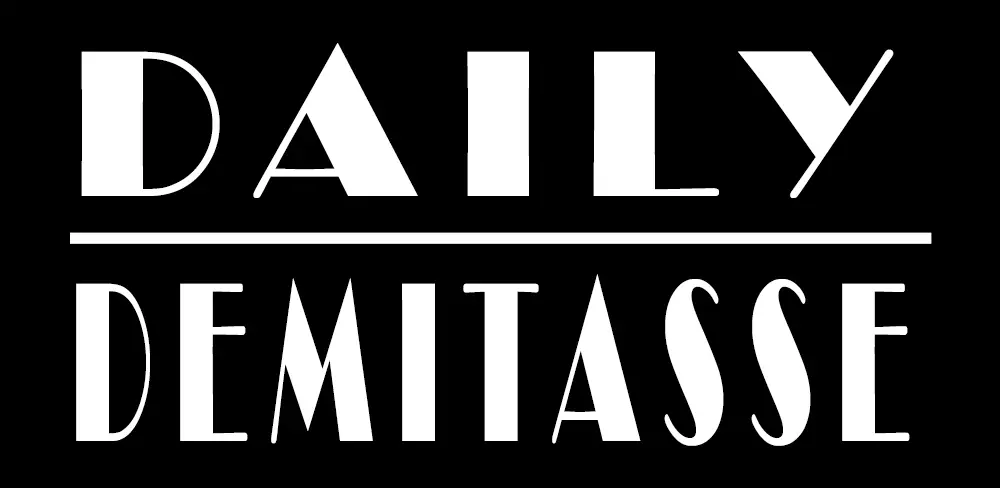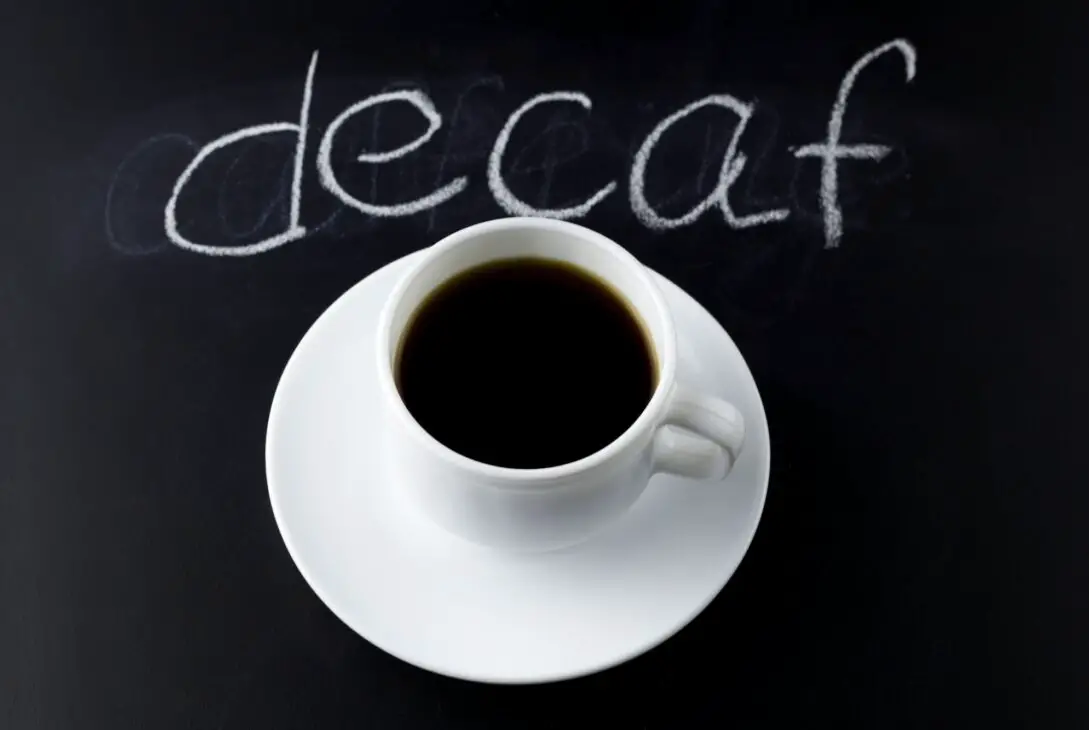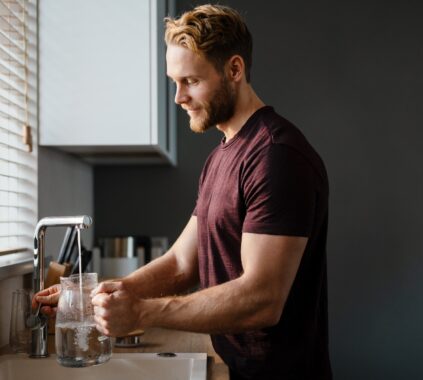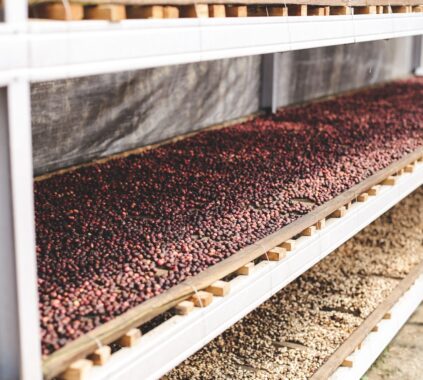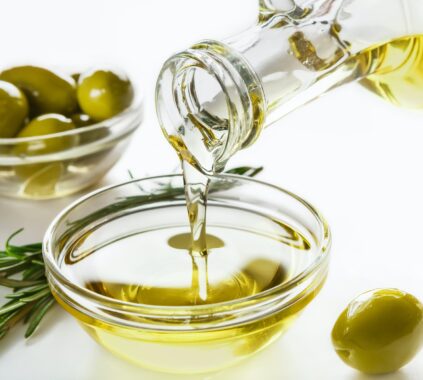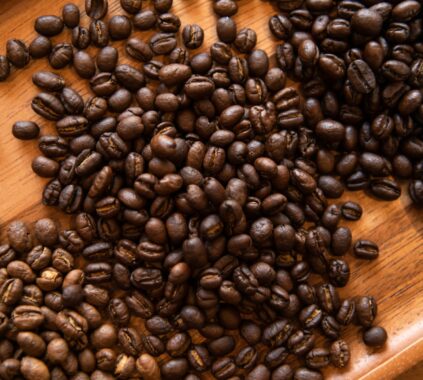Ah, decaf coffee. The paradoxical potion that promises to satisfy your coffee cravings without the kick of caffeine. But what’s the story behind this seemingly magical brew? In this comprehensive guide, we’ll dive deep into the world of decaf coffee to uncover the benefits, drawbacks, and the process of how it’s made. So grab your favorite mug, and let’s get started!
Table of Contents
The Decaf Coffee-making Process
Decaf coffee begins as regular coffee beans, but undergoes a process to remove most of the caffeine content. There are three primary methods for decaffeinating coffee: the Swiss Water Process, the Direct Solvent Process, and the Carbon Dioxide (CO2) Process. Each method has its pros and cons, but they all serve the same purpose: to create a cup of joe that won’t keep you up all night. Learn more about the coffee-making process and its fascinating journey from seed to cup.

The Swiss Water Process
The Swiss Water Process is a chemical-free method of decaffeinating coffee that relies on water and osmosis to remove caffeine from the beans. Here’s how it works:
- Green coffee beans are soaked in hot water to dissolve the caffeine and other soluble compounds.
- The water is then passed through an activated charcoal filter, which captures the caffeine molecules but allows the other flavor compounds to pass through.
- The caffeine-free water, now rich in flavor compounds, is returned to the beans. This step allows the beans to reabsorb the flavor compounds while leaving the caffeine behind.
- Finally, the decaffeinated beans are dried and roasted, just like regular coffee beans.

The Swiss Water Process is praised for preserving the flavor profile of the coffee beans while effectively removing caffeine. This method is also environmentally friendly and does not introduce any chemicals to the final product.
The Direct Solvent Process
The Direct Solvent Process uses chemical solvents to extract caffeine from green coffee beans. The most common solvents used are methylene chloride and ethyl acetate. Here’s an overview of the process:
- Green coffee beans are steamed to open their pores and make the caffeine more accessible.
- The beans are soaked in a solvent, which dissolves the caffeine from the beans.
- The solvent-caffeine mixture is drained away, leaving the beans with significantly less caffeine.
- The beans are then steamed again to remove any remaining solvent residue before being dried and roasted.
While the Direct Solvent Process is efficient and cost-effective, some individuals may be concerned about the use of chemical solvents in the decaffeination process. However, it’s worth noting that the final product typically contains only trace amounts of the solvents, if any at all, as they evaporate during the roasting process.
The Carbon Dioxide (CO2) Process
The Carbon Dioxide (CO2) Process, also known as the Supercritical Carbon Dioxide Process, is a more modern method of decaffeination that uses pressurized CO2 to remove caffeine from coffee beans. The process can be summarized as follows:
- Green coffee beans are placed in a pressure chamber.
- CO2 is pressurized and heated, turning it into a supercritical fluid that has properties of both a liquid and a gas. This fluid is then circulated through the chamber, dissolving the caffeine from the beans.
- The CO2-caffeine mixture is separated from the beans and passed through a filter to remove the caffeine.
- The caffeine-free CO2 is then recycled back into the pressure chamber to continue the process.
- Once the decaffeination is complete, the beans are dried and roasted.
The CO2 Process is considered to be an environmentally friendly and efficient method of decaffeination. It also preserves the flavor profile of the coffee beans, making it a popular choice among specialty coffee producers.

Benefits of Decaf Coffee
Decaf coffee offers a few key benefits, including:
- Reducing caffeine intake for those sensitive to caffeine or with certain health conditions
- Promoting better sleep by not interfering with the sleep cycle
- Retaining many of the antioxidants found in regular coffee, which contribute to overall health
- Allowing coffee lovers to enjoy their favorite beverage at any time of the day without worrying about the caffeine jitters
Drawbacks of Decaf Coffee
However, decaf coffee isn’t without its drawbacks:
- Some may find the taste to be less satisfying compared to regular coffee due to the decaffeination process
- Decaf coffee still contains trace amounts of caffeine, which might not be suitable for those who need to completely avoid caffeine
- The decaffeination process may use chemicals, which some individuals may want to avoid
Decaf vs. Regular Coffee
When it comes to decaf versus regular coffee, it all boils down to personal preference and individual needs. If you’re sensitive to caffeine or looking to reduce your caffeine intake, decaf coffee might be the perfect option for you. However, if you love the taste of regular coffee and rely on that caffeine kick to get you through the day, then you may want to stick with the classic brew. Explore the differences between coffee beans and espresso beans.
Choosing the Best Decaf Coffee Brands
If you’ve decided to give decaf coffee a try, you may be wondering which brands to choose. Some popular decaf coffee brands include:
- Peet’s Coffee Decaf Major Dickason’s Blend: A robust, dark roast with a full-bodied flavor
- Starbucks Decaf Pike Place Roast: A medium roast with rich, smooth notes
- Volcanica Coffee Swiss Water Process Decaf: A medium roast with a bright, fruity flavor, made using the Swiss Water Process
- Kicking Horse Coffee Decaf: A dark roast with a bold, rich taste

Frequently Asked Questions (FAQ)
Q: Does decaf coffee have zero caffeine?
A: Decaf coffee does not have zero caffeine, but it contains significantly lower amounts compared to regular coffee. Typically, decaf coffee has around 97% less caffeine than its caffeinated counterpart.
Q: Is decaf coffee safe during pregnancy?
A: Decaf coffee is generally considered safe during pregnancy, but it’s important to consult with your healthcare provider to determine the appropriate caffeine intake for your individual situation. Pregnant women are usually advised to limit their caffeine intake to around 200 mg per day. Decaf Coffee typically has about 2mg per cup.
Q: Can decaf coffee help with weight loss?
A: Decaf coffee may provide some minor benefits for weight loss, primarily through its antioxidant content and appetite-suppressing effects. However, it’s important to remember that weight loss is best achieved through a balanced diet and regular exercise. Decaf coffee can be a part of a healthy lifestyle, but it’s not a magic weight loss solution.
Q: Is decaf coffee less acidic than regular coffee?
A: Decaf coffee is generally slightly less acidic than regular coffee, but the difference in acidity levels may not be significant enough to make a noticeable impact for individuals with acid reflux or sensitive stomachs. Learn more about the acid in coffee and its effects on your body.

To Decaf or Not?
Decaf coffee offers a great alternative for those looking to enjoy their favorite brew without the caffeine kick. With various benefits, some drawbacks, and a range of flavors to choose from, it’s a versatile option for coffee lovers everywhere. The key to finding the perfect decaf coffee is to explore different brands and brewing methods until you discover the one that best suits your taste buds and lifestyle. So go ahead and give decaf a chance – you might just find your new favorite brew!
Happy decaffeinating!
Daily Demitasse is a participant in the Amazon Services LLC Associates Program, an affiliate advertising program designed to provide a means for sites to earn advertising fees by advertising and linking to Amazon.com. We also participate in other affiliate programs which compensate us for referring traffic.
